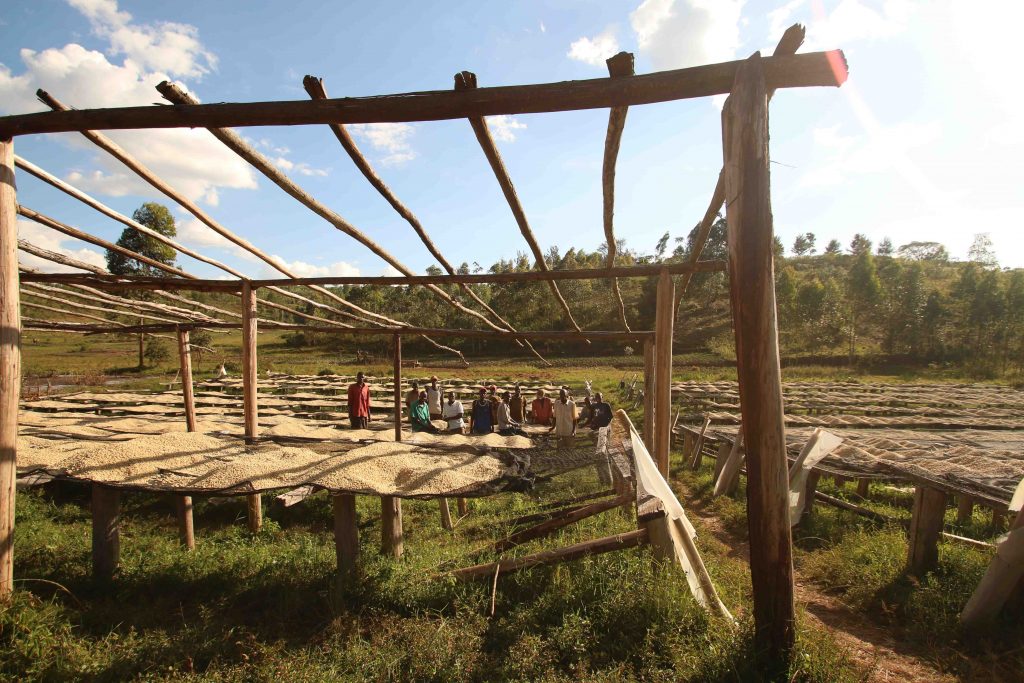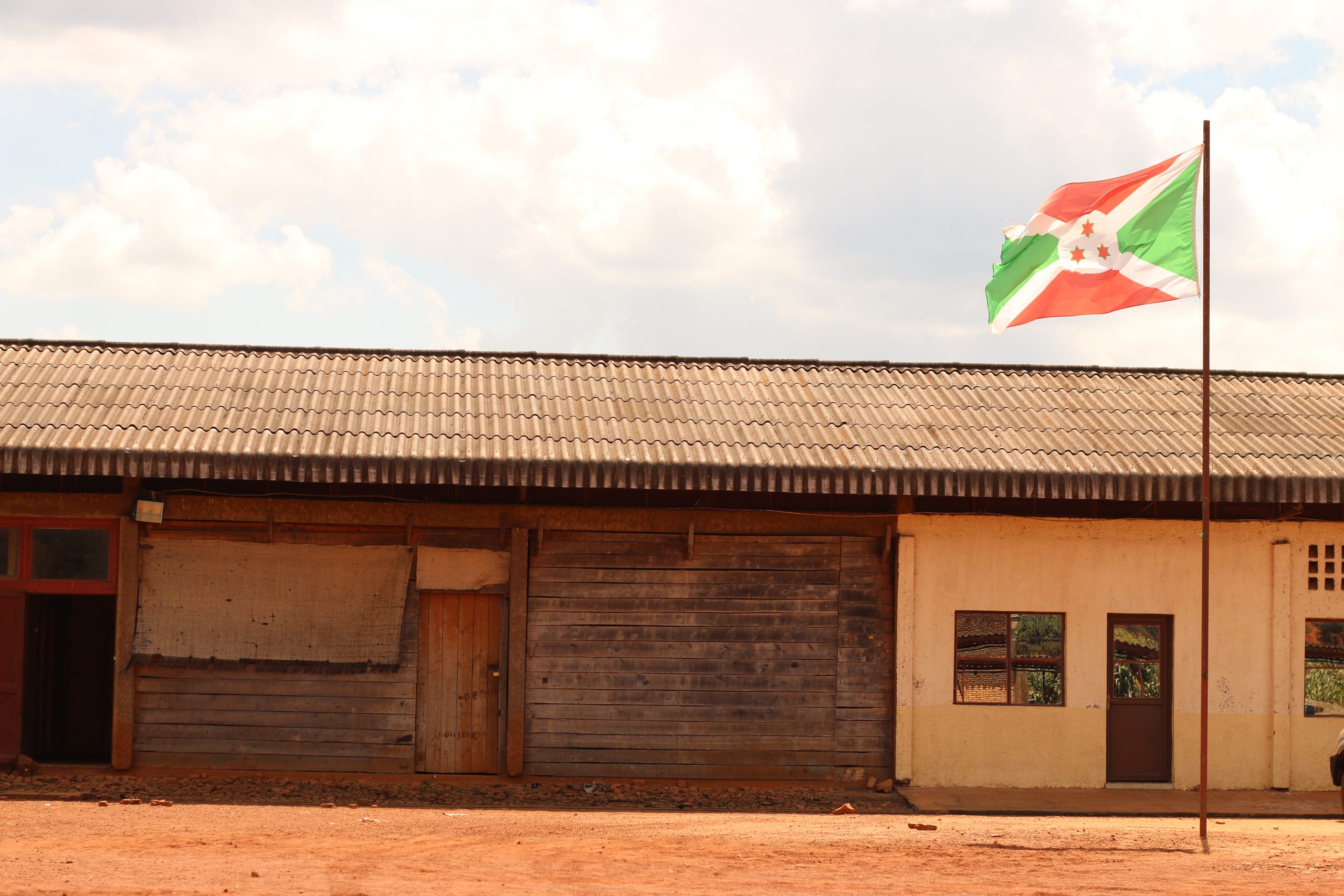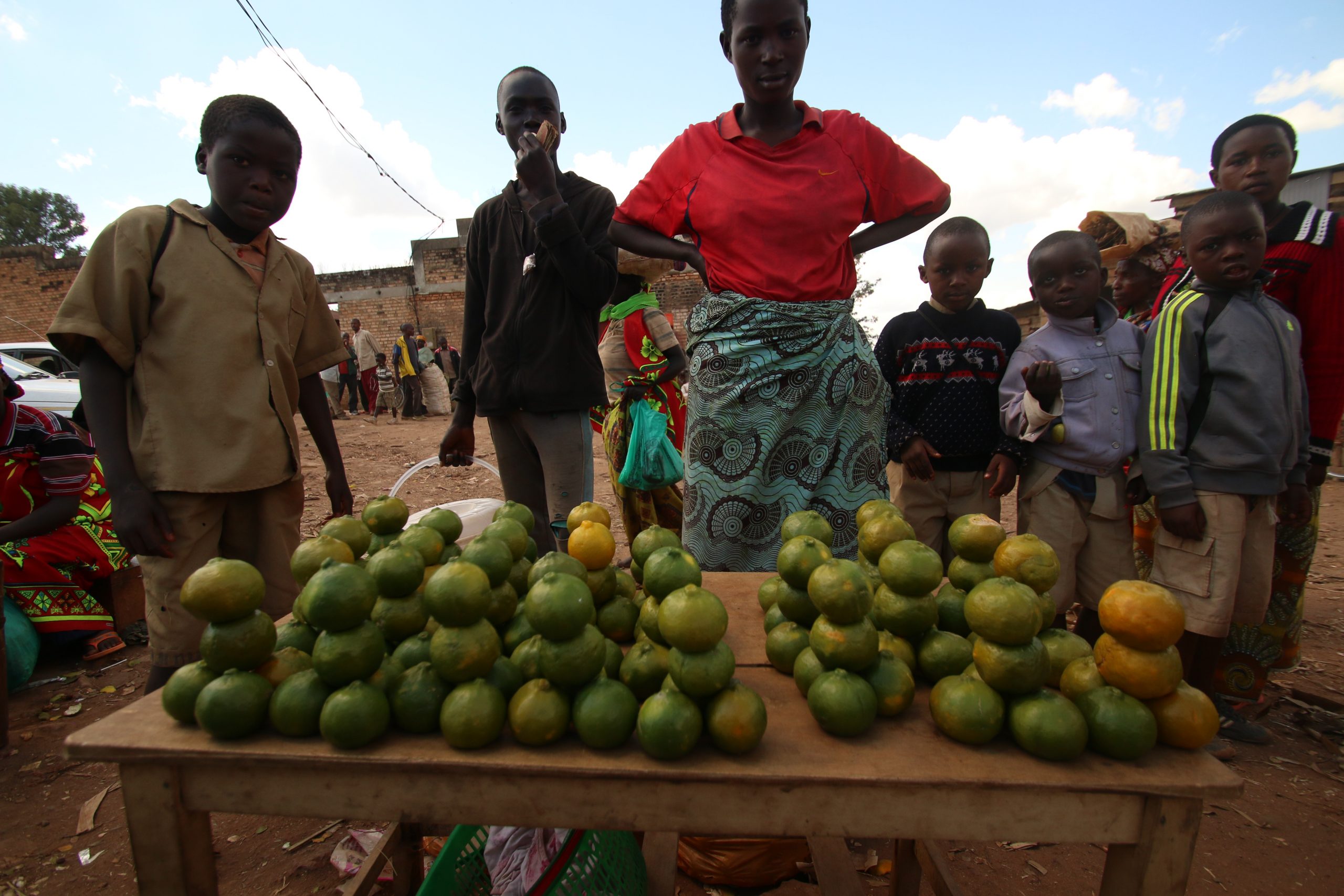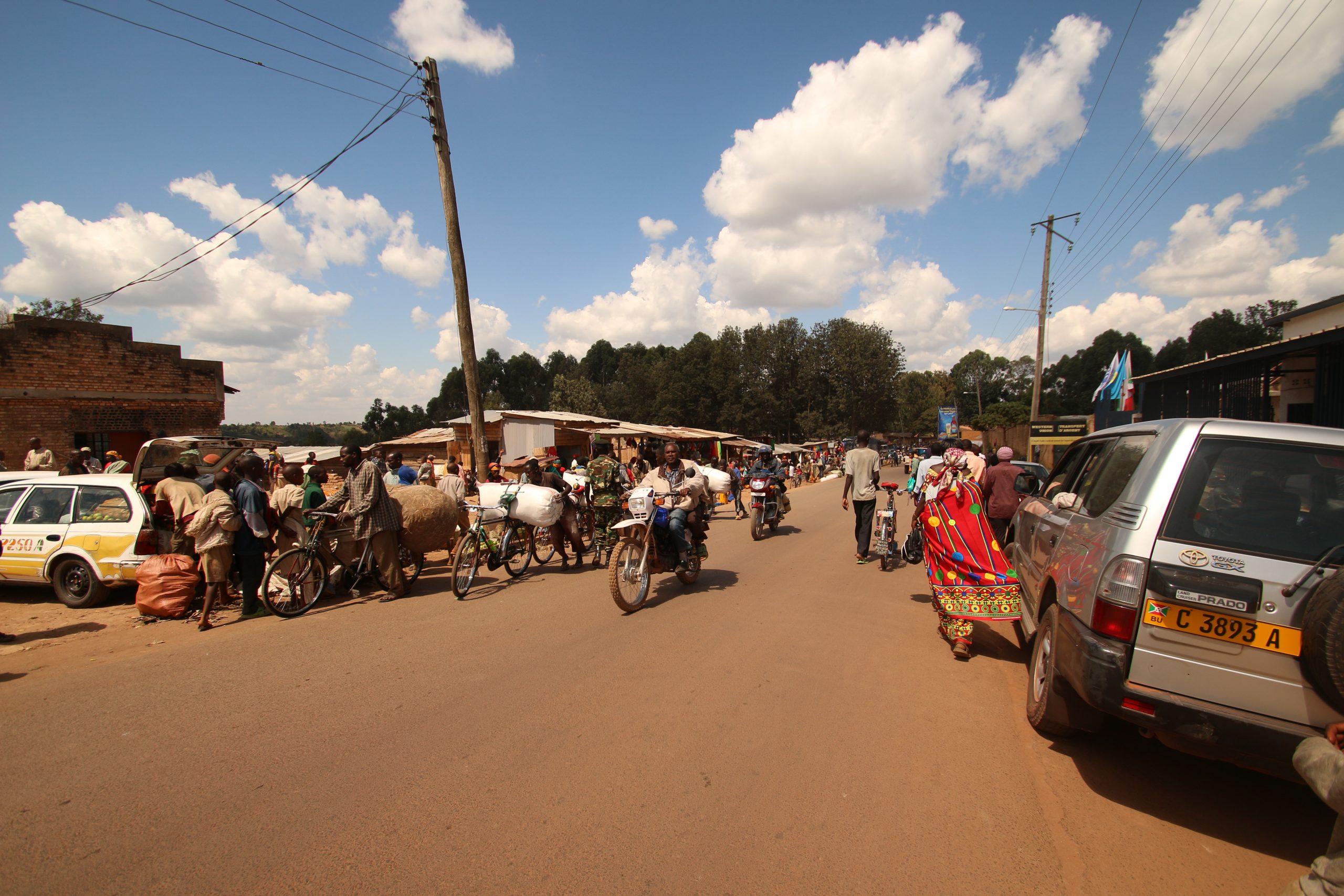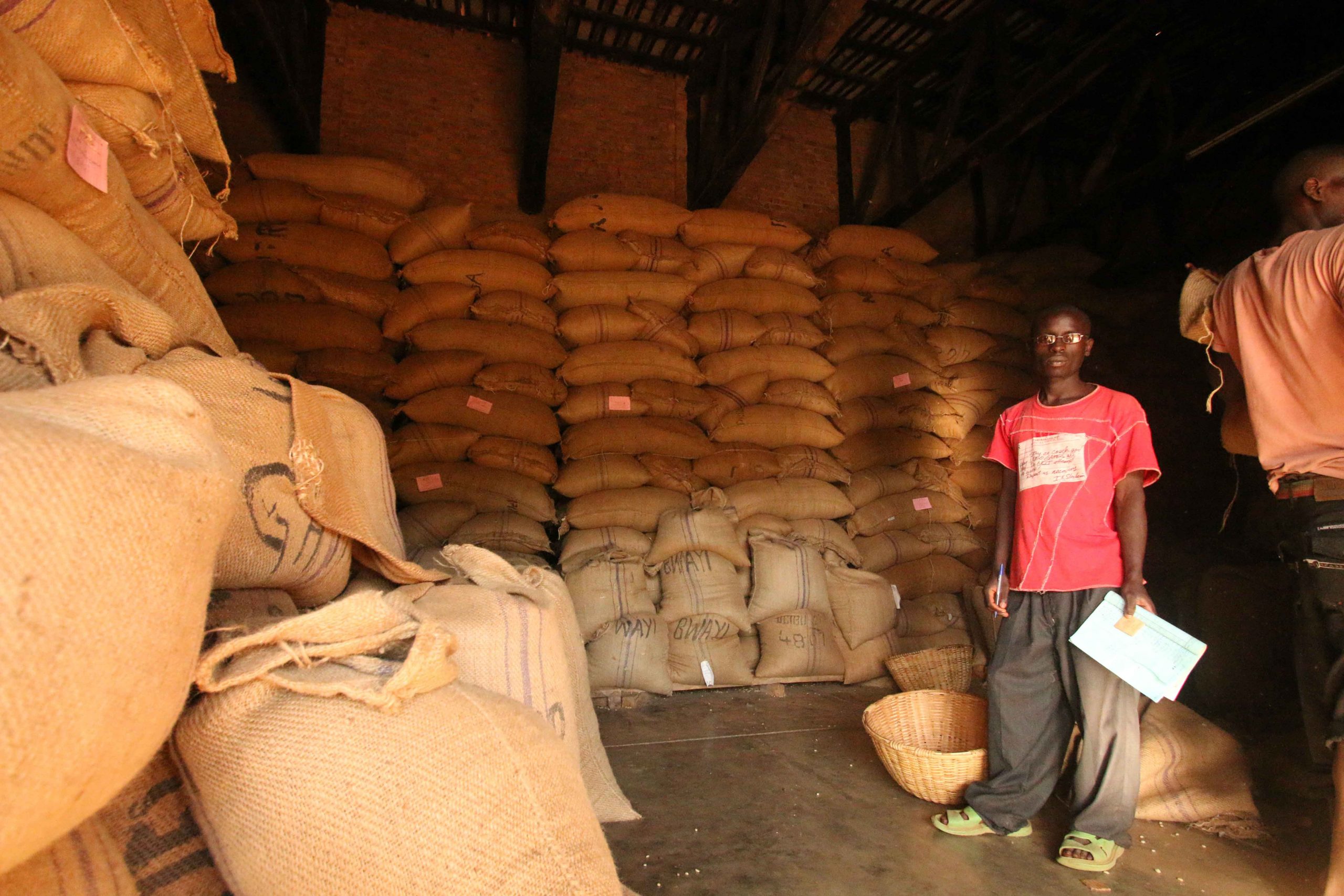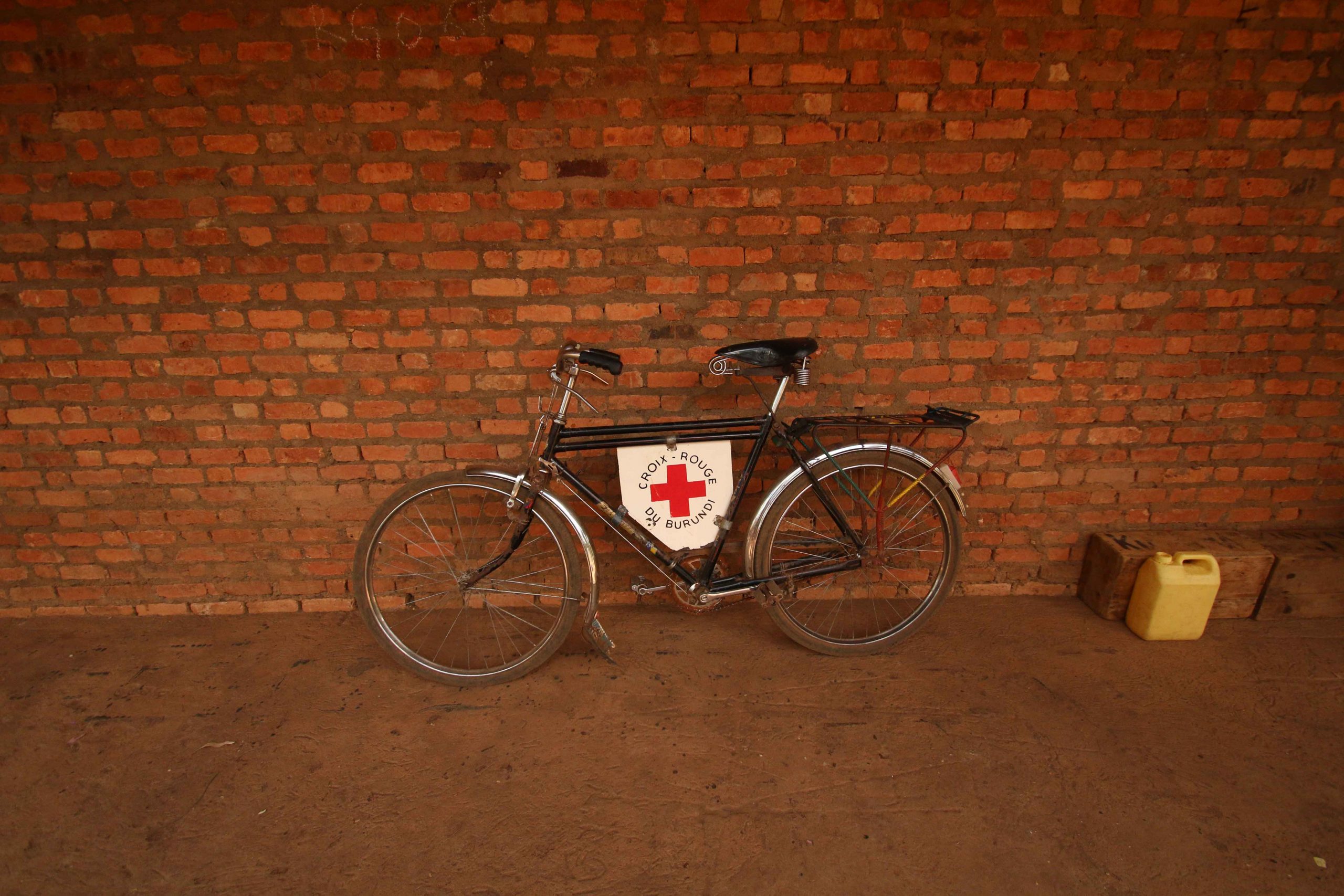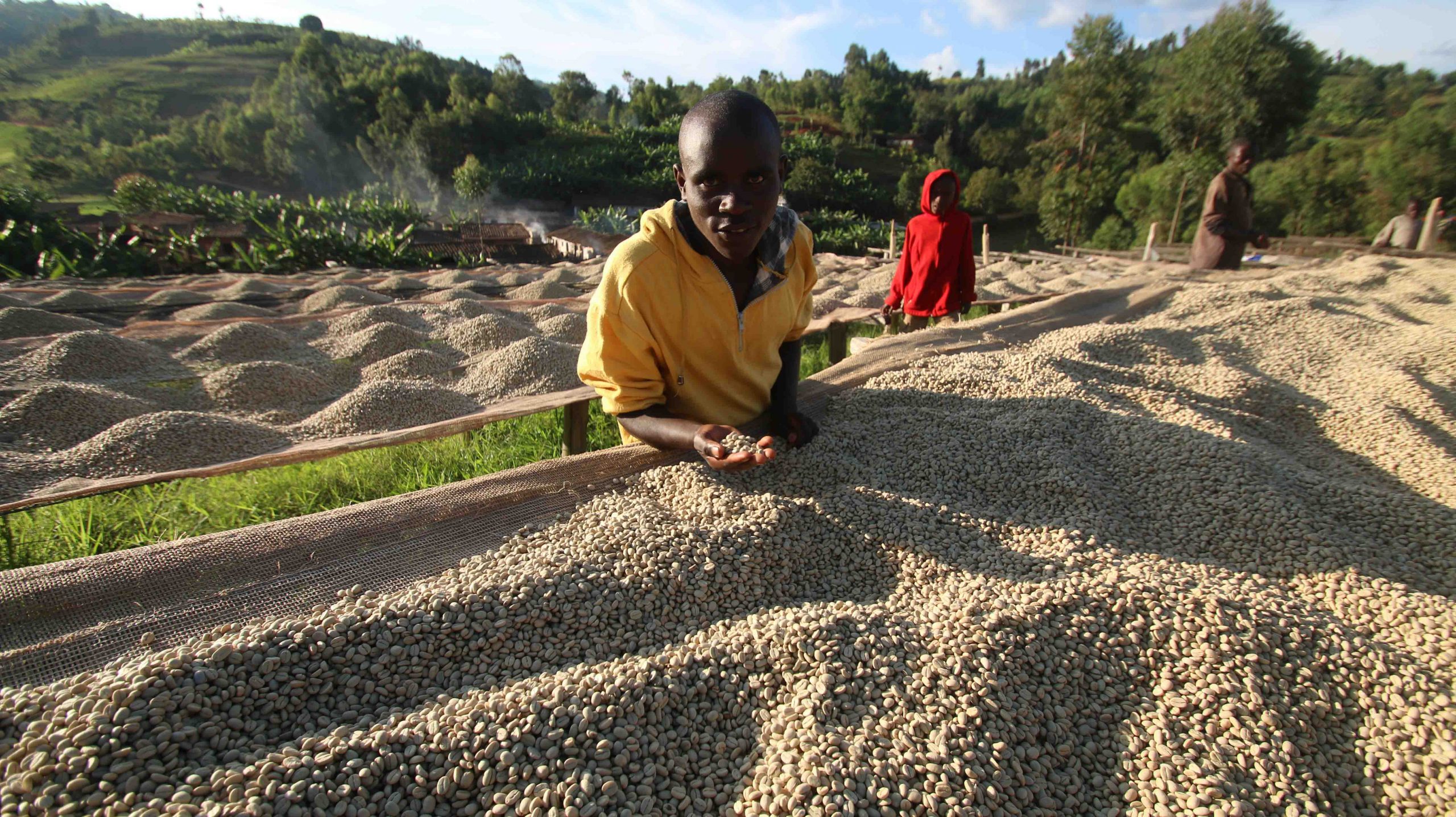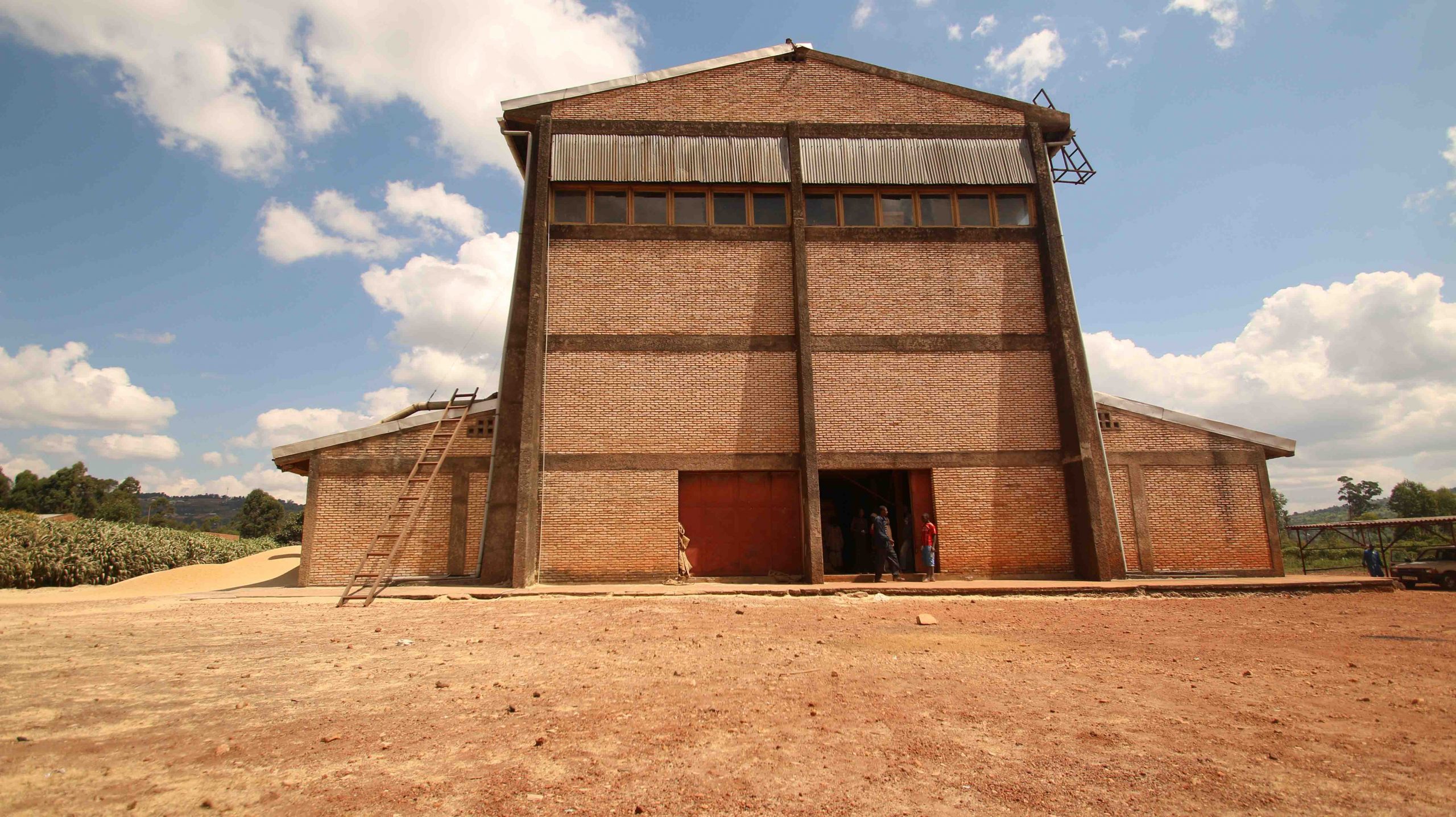Burundi – Bwayi Washing Station – Kayanza B8183
Specs:
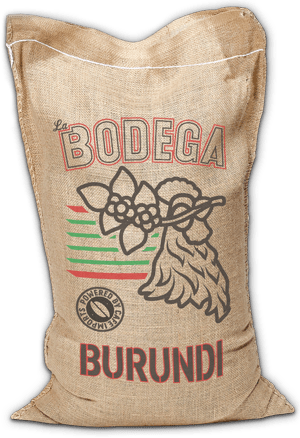
Source:
Burundi
Region:
Matongo, Kayanza
Farm:
Bwayi Washing Station Cooperative
Variety:
Bourbon, Jackson and Mibirizi
Altitude:
1760 masl
Processing:
Washed
Price/Bag:
$5.55 per lb
$277.50 per bagOut of stock
Recommendations
-

Bolivia – FTO La Paz – La Cooperativa Corpus Cristhy Illampu R.L – Red Catuai & Typica – FLO ID 3645
$ 5.14 per lb Add to cart -

Brazil – Organic Cascara – Cascara Tea – Espirito Santo – Fazenda Camocim – Biodynamic
$ 15.87 per lb Add to cart -

Burundi – Microlot – Gakenke – Kayanza – Washed
$ 6.05 per lb Add to cart -

Colombia – Decaf Origin Select – EA Decaf de Cana – Huila
$ 5.27 per lb Add to cart
